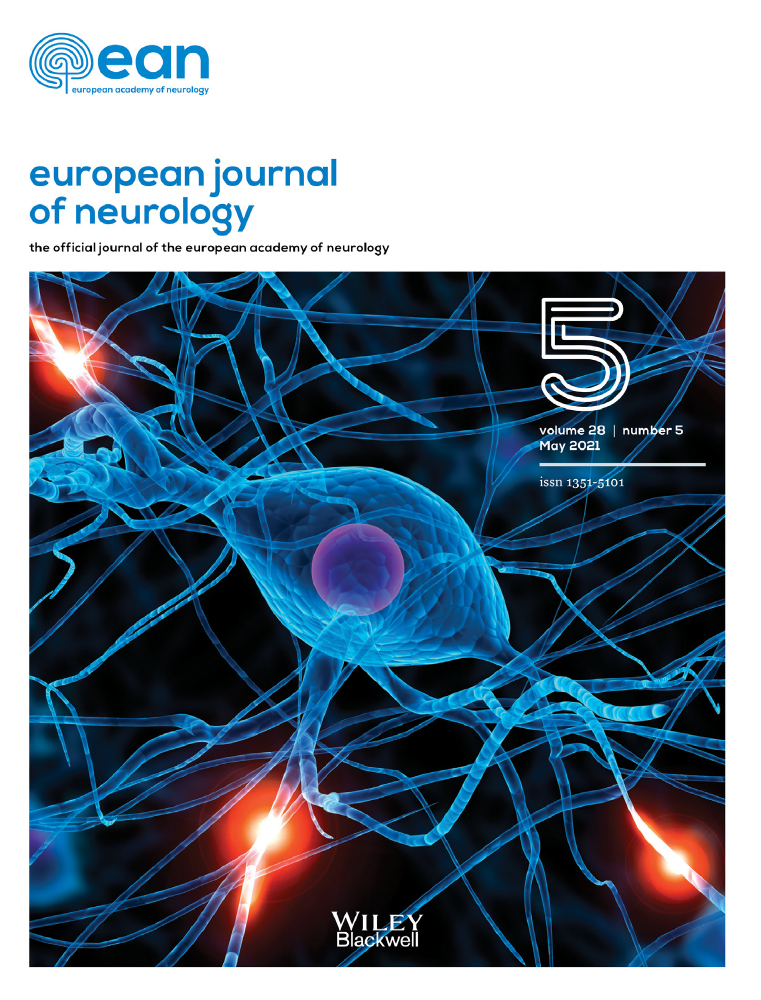Functional neurological disorders presenting as emergencies to secondary care
Abstract
Background
Functional neurological disorders (FND) represent a significant proportion of presentations to outpatient adult neurology services. There is little information relating to patients presenting to acute inpatient care.
Methods
We identified patients presenting as acute admissions with FND to Christchurch Hospital, Christchurch, New Zealand, from 2016 to 2018. We analyzed relevant demographic and clinical data from electronic records and measured incidence of presentation to secondary care and healthcare utilization.
Results
One hundred sixty-two patients presented on 173 occasions with FND, representing 9% of all admissions to the neurology service during the 3-year study period. The mean age was 40 (SD 17) years, 111 (69%) patients were female and the median length of stay was 3 (IQR 2–4) days. A total of 92 computed tomography brain scans, 77 magnetic resonance imaging brain scans and 42 electroencephalograms were carried out. On 22 (13%) occasions, patients were referred for outpatient psychological therapy. In the 3 years prior to each patient's last presentation in the study period, these 162 patients had a total of 671 presentations to the emergency department. Healthcare demand did not decrease after the index admission. The rate of acute inpatient admission for FND was 10 per 100,000 per year for the total Christchurch Hospital catchment, 6/100,000/year in rural areas, and 11/100,000/year in urban areas.
Conclusion
FND represented almost 1 in 10 acute neurology admissions with significant inpatient healthcare resource utilization.
CONFLICT OF INTEREST
None.
Open Research
DATA AVAILABILITY STATEMENT
Anonymized data supporting the findings from this study are available upon reasonable request.




